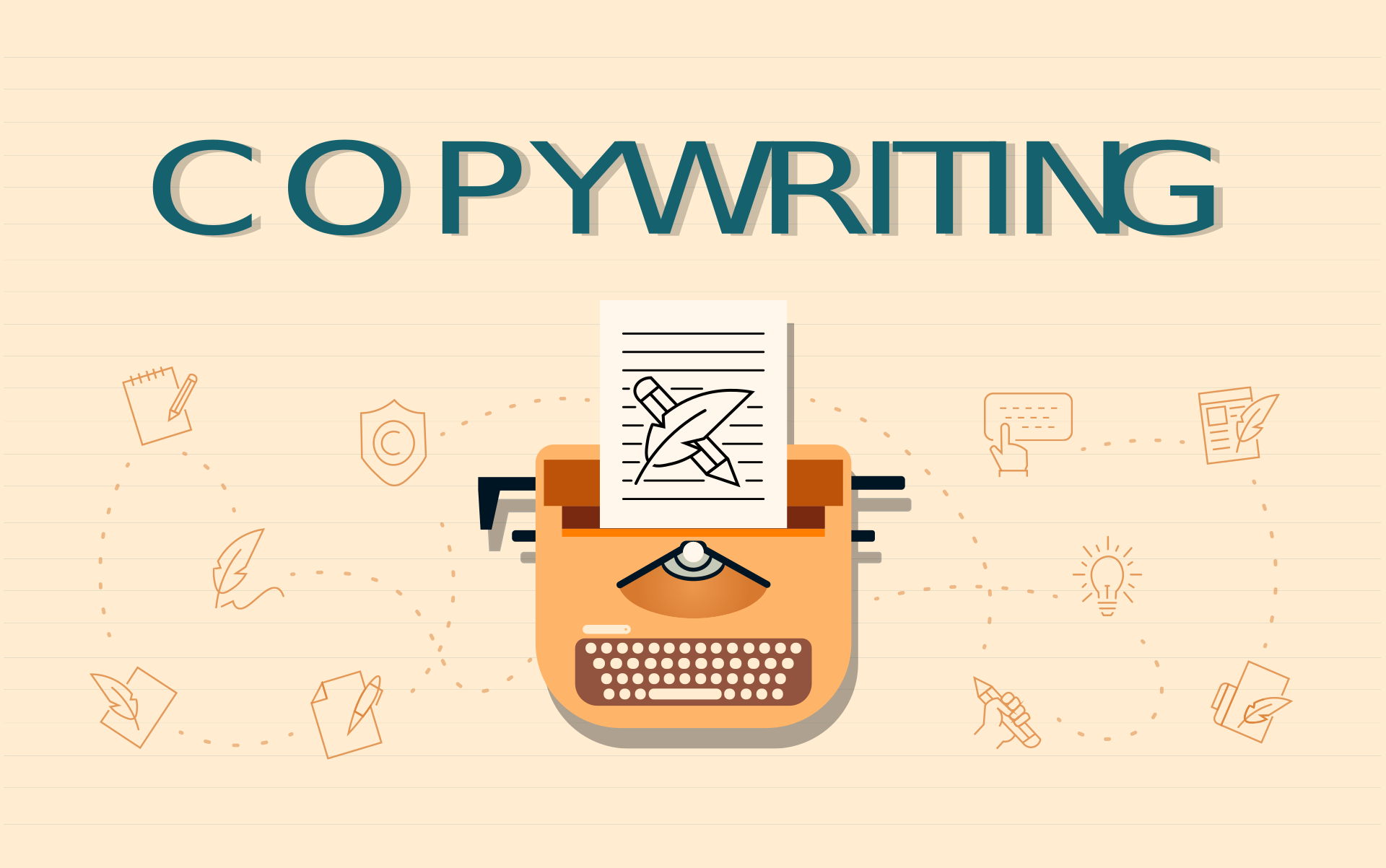Firstly, what are the benefits of social media for businesses?
Social media is a powerful tool for businesses. It provides potential customers with easy access to brands, 24 hours a day, seven days a week. Since social media offers an instant global audience, companies are reaching their potential customers in every corner of the world.
The benefits of social media marketing can be immense for businesses, including increased revenue, customer engagement and more. In commercial environments where face-to-face interactions may not be possible due to time constraints or geographic location, social media presence is essential.
It can also be a tool that allows content creators and consumers to share ideas, opinions, and information. Social media has many benefits for businesses, but there is a risk involved in using it as well.
What are the legal issues of social media marketing?
Legal issues of social media marketing are the many legal, ethical, and economic implications that arise when a company begins to market their products or services through social media channels. To avoid these legal issues, companies need to create a social media marketing policy and plan.
Contractual concerns
Contractual concerns are issues that may come up in a contract, such as what happens if one of the parties doesn’t live up to their part of the agreement. They also consider such things as the duration, termination of the contract, and what happens if one party dies.
Contractual terms are everywhere in the social media landscape, and they include clauses like privacy policies and community guidelines. Additionally, contractual provisions help ensure that companies can enforce their rights under the law by making clear what users need to do if they want to take legal action against them. Terms such as these may present significant obstacles that preclude the use of a particular social media application.
Compliance obligations
Compliance obligations are the legal requirements that companies must meet in order to operate and maintain their business, especially with regard to government regulations. Compliance obligations vary by industry but often include things like the Federal Trade Commission Act and the Health Insurance Portability and Accountability Act.
When businesses are marketing online, they have to be aware of the Federal Trade Commission’s (FTC) recent efforts and how it is taking steps to protect the privacy, security and advertising of individuals online. The FTC issued the self-regulatory principles in 2007 for behavioural advertising on social media sites that require companies follow third party guidelines.
In 2018, the FTC updated its Guides Concerning the Use of Endorsements and Testimonials in Advertising (previously updated in 1980) to reflect the growing role of social media endorsements and testimonials. With this update comes greater scrutiny for businesses that use these types of advertisements on their websites, blogs, and other online properties. Businesses are advised to ensure their advertisements and marketing materials are truthful.
Liability issues
Liability is a legal term that refers to the responsibility someone has for something. In terms of business, liability can be used to describe the financial risk that a company takes on as well as the responsibility that a company has for something.
The business is exposed to a number of liability issues when it uses social media marketing. The company should be aware that its activities can lead to legal consequences, such as wrongful postings or violations of privacy rights. As with any other online publication and service provider, the company must establish guidelines for permissible online posts and mitigate concerns in order to avoid potential liabilities.
The Communications Decency Act (CDA) provides broad immunity for social media companies from liability for user-generated content. It also protects Internet Service Providers (ISPs) from liability because the CDA only covers defamatory and infringing material that is communicated to an “electronically connected” audience, which would include users of a website or ISP-based service.
This means that many types of defamation claims are barred since they require communication with third parties outside of the Internet provider’s network–a requirement not met when using social media sites like Facebook and Twitter.
However, it’s important to remember that these safe harbours do not protect user-generated content in all cases–they only cover defamatory or infringing material where the website is not a publisher of such materials.
What else do I need to be aware of when advertising on social media?
You should be aware that social media advertising is a highly competitive market. Most advertisements on social media are run by businesses or organizations that want to reach an audience of people who share their interests and may want to buy their products or services.
The Australian Consumer Law is applicable to advertising on social media, as it contains a number of provisions that cover the legal issues. The business must still comply with regular trademark regulations. When navigating intellectual property and social media, experts are necessary for advice on how best to proceed in order to avoid any potential pitfalls such as infringing trademarks and violating copyright law.
Conclusion
Social media marketing can have enormous benefits to businesses using it properly, however, if they’re not careful they may run into a variety of legal issues. Despite being a relatively new advertising platform compared to earlier types of advertising, social media is increasingly regulated by various governing bodies to ensure both businesses and customers using the services are safe at all times. Conducting research or speaking to a professional about these legalities is an important step to take before expanding too far into social media networks.
If you’d like to ramp up your brand awareness strategy on social media and start talking to your target audience effectively, then reach out to the dedicated team at Yakk.






